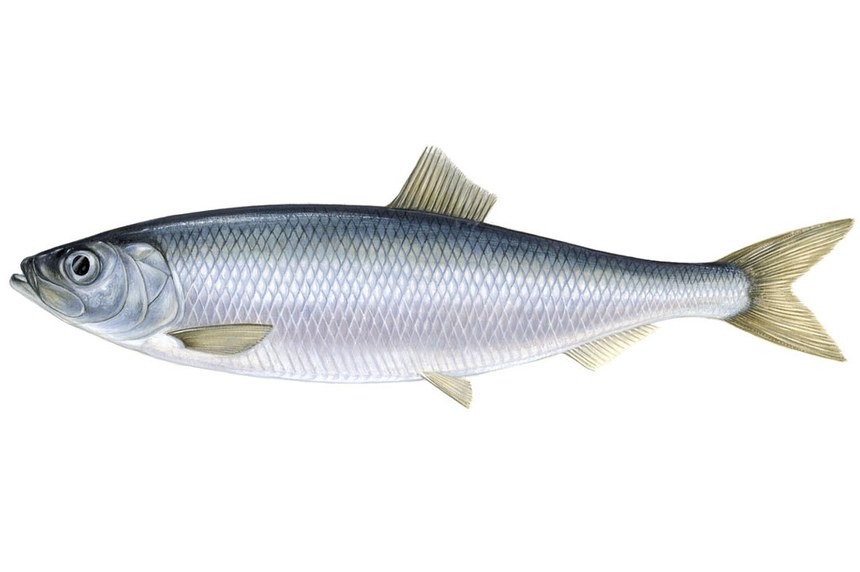Overview
Fisheries are composed of one or more parts, each of which is entitled to receive an MSC certificate. These parts or “units” are defined by their target stock(s), fishing gear type(s) and if relevant vessel type(s), and the fishing fleets or groups of vessels.
Attention
Some or all units that participated in this fishery are now covered by another assessment. Please see the PFA, SPSG, SPFPO, DFPO and DPPO North Sea Herring for more information.
Catch by Species
| Species | Reported Catch Year | Metric Tonnes |
|---|---|---|
| Atlantic herring (Clupea harengus) | 2016 | 16,162 |
Information is provided by an independent Conformity Assessment Body as live weight (the weight of species at the time of catch, before processing) and where a fishing season covers multiple years, the end year is given as the reported catch year. Additional information is available in the latest report, see the assessments page.
Eligibility, client groups and vessel lists
A fishery may choose to define the members of the fishery certificate. These members can be vessels or other client group members (e.g. companies that own vessels and/or companies that are named as eligible to handle certified product covered within the fishery certificate scope). Please refer to the fishery certificate statement on additional product specific eligibility criteria (e.g. product eligibility limitations, eligibility date, exclusive points of landing and the point where Chain of Custody certificate is required). Please consult the fishery Public Certification Report for product eligibility rationale.
| Documents | Published on | Files |
|---|---|---|
| Vessel List | 14 May 2019 | 1 files |
About this Fishery
Located in the north and central North Sea, from the south-west coast of Norway across to the Shetland Islands and the north-east coast of Scotland, this fishery is run by Swedish company Astrid Fiskexport and has been certified since 2008.
Three vessels from 36 to 45 metres target the fish specifically to produce naturally fermented, cured maatjes herring. This requires fat individuals with no milk or roe, so the fishing takes place during a short season from mid-May until July. As well as being fat, the fish must have fed on small shrimp – the ‘red feed’ spewed out when a maatjes herring’s belly is pressed.
The herring are caught by pelagic purse seine, meaning contact with the seabed is avoided. Sonar and electronic fish-finding equipment help skippers find shoals of the correct species, density and size. The maatje herring’s own habits also help make the fishery sustainable. They tend to be found in ‘clean’ shoals comprising only pre-spawning virgin herring of the type required, with very few mackerel netted by mistake. Bycatch runs at less than two per cent, and there are no discards.
"We told our skippers, ‘If you don’t do this, if you don’t act responsibly and go for MSC certification, you won’t sell any fish in the future.’ All the supermarkets are saying they will only buy MSC fish. You have to look beyond your own nose tip, you have to look ahead many years."
- Werner Larsson, Manager, Astrid Fiskexport
Herring (Clupea harengus) image © Scandinavian Fishing Year Book
